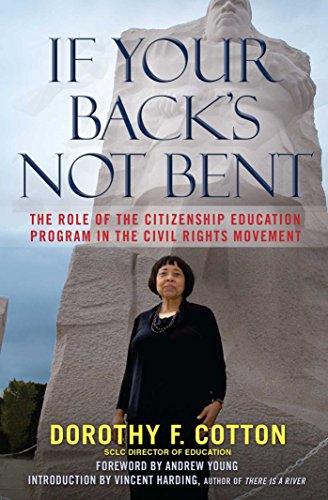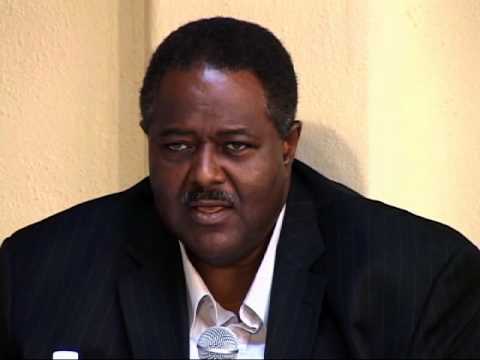Civic Organizing Standards
Civic Organizing Standards integrate the core political functions that define policy making- defining a problem-solving a problem-and establishing policies to sustain progress. Civic leaders use them in every situation to ensure that governance is done in light of civic principles.
Those impacted by a problem help define the problem in light of common civic principles and the real economic, political, social, and spiritual situation in which the problem occurs.
Civic organizing intentionally organizes the diverse stakeholders surrounding any problem to get as accurate a definition of the problem as possible and to produce a stake in leveraging the complex resources needed to address the problem. However, diverse interests are held in tension with common civic principles to remind all stakeholders that the ultimate stake is the well-being of the whole and a shared belief that democracy is a just form of governance.
All stakeholders are accountable for producing resources to solve the problem.
Resources are developed in the following order: commitment of leadership/time, knowledge, the commitment to organize others, and capital/programs.
All stakeholders are part of the policy function of the work.
Stakeholders at all levels are engaged in decision making as it relates to defining the problem, producing and distributing resources for solving the problem; and rule making that holds self, others, and all institutions accountable to produce outcomes in the places where each has the authority to act.
All stakeholders are accountable for taking actions to solve the problem and sustaining outcomes in the places where they have the authority to act.
Stakeholders use a civic organizing approach to restructure the policy function within their jurisdiction. The outcome produces the civic capacity and infrastructure in their institution while addressing the particular problem and achieving particular goals. In addition they work within a cross-sector base to achieve a larger scale of influence to address complex problems and advance a civic policy agenda.



